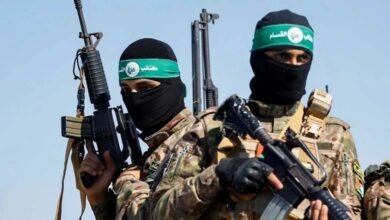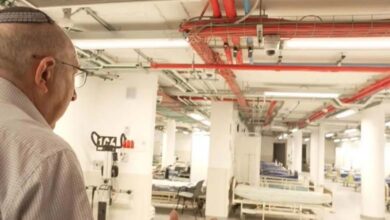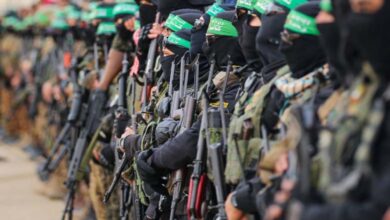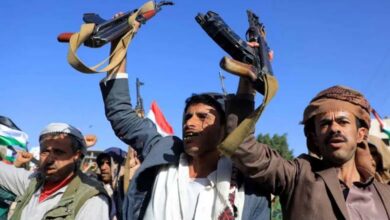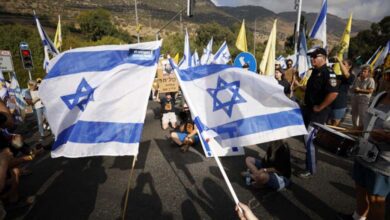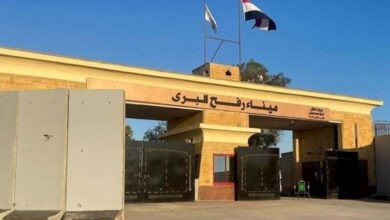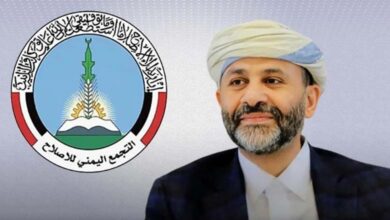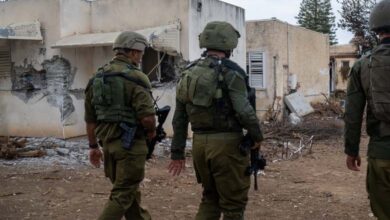Between Athletism and Friendship: Muslim Brotherhood’s Stance Revealed through their Interactions with Houthis
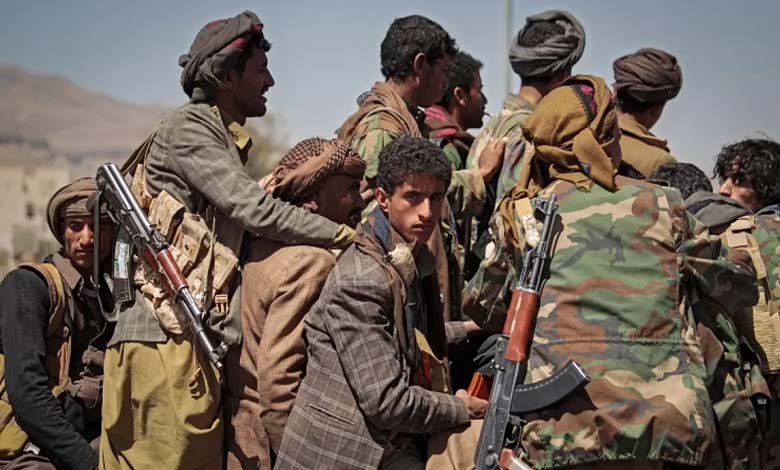
The Yemeni al-Islah Party (the Muslim Brotherhood‘s arm in Yemen) attempts to manipulate public opinion and play on all fronts to achieve maximum political gains by manipulating positions related to the terrorist Houthi militias.
According to the Yemeni newspaper Al-Ayyam, the ambivalence is evident in the political discourse issued by the Brotherhood‘s leadership, alternating between calls for reconciliation with the Houthi group, meetings with its leaders, and sharp criticisms, denying any intention of rapprochement, all as part of a choreographed process aimed at covering up advanced communications between the two parties.
The newspaper states that the latter rhetoric is usually directed towards the party’s base, which holds the Houthis responsible for uprooting the Brotherhood from its key areas of influence in northern Yemen after inflicting a series of devastating defeats on their forces in those areas.
However, it is also directed at the other partners in the legitimate Yemeni authority, some of whom consider any individual party’s communication with the Houthis as a betrayal of the other parties and an attempt to achieve selfish gains at their expense.
Opening roads connecting areas controlled by the Houthis and the influence areas of the al-Islah party has become a major axis of communication between the two parties. At the same time, political sources speak of regional parties sponsoring talks between them, relating to more important issues concerning the arrangements for implementing the roadmap announced by UN envoy Hans Grundberg as part of the stages of launching a political process to end the Yemeni conflict peacefully.
Embarrassingly for al-Islah, news leaked about representatives engaging in reconciliation talks with the Houthis in Iran under international auspices.
The party entrusted one of its leaders with denying the news and launching a fierce attack on the Houthis, accusing them of obstructing any peace efforts and being prepared to resume fighting on quiet fronts.
The head of the media department of al-Islah, Ali Al-Jaradi, denied any meetings or contacts by the party with the Houthis individually.
He said in a post on the X platform: “The al-Islah Party is part of Yemen’s legitimate institutions and within its political components and the components of the National Alliance and its political and field forces, and has a declared and clear vision based on the outputs of the National Dialogue, political agreements, and international decisions.”
Al-Jaradi renewed the accusation against the Houthis of mobilizing their fighters on the fronts of Marib, Shabwa, and the western coast, considering that their talk about peace is a mere tactic, and that they see peace as a threat to them, “so they resort to wars… and whenever a wave of fighting subsides, they ignite a new wave.”
He added: “The one who refuses to open a road for the traveler, refuses to pay a salary to an employee for (9) years, mobilizes children to the fighting fronts, and expels academics and researchers to the fighting courses, is farthest from peace.”
The denial contradicts documented facts with photos and statements that have already taken place between leaders of the al-Islah Party and others from the Houthi group.
It also contradicts explicit calls issued by prominent figures in the Yemeni branch of the Muslim Brotherhood for reconciliation with the Houthis and the burying of differences with them.
A while ago, prominent members of the al-Islah Party, Mansour Al-Zindani and Fahtih Al-Azab, appeared in a picture alongside Houthi group‘s politburo member Ali Al-Qahoom in Sanaa, posted by the latter on his account on the X platform, with a comment saying: “With the national reform leadership for the sake of building relationships, continuous coordination, and internal dialogues.”
Following this, calls for reconciliation with the Houthis were reiterated by prominent Yemeni Brotherhood figures, including Abdel Majid Al-Zindani, who called on all Yemeni political forces to unite, reject discord, and seek reconciliation between them, saying that it would enable all forces to support Palestine and its people.
His son, Mohammed, joined him, saying in a post: “People blame me for my position towards the Houthis and for forgetting their occupation of Sanaa and the Iman University and the houses of the leaders of the al-Islah Party and their bombing, and we will not forget that, but out of duty to our nation and our people in Gaza and Palestine, we must end this animosity between us, reject discord, and unite our ranks.”


